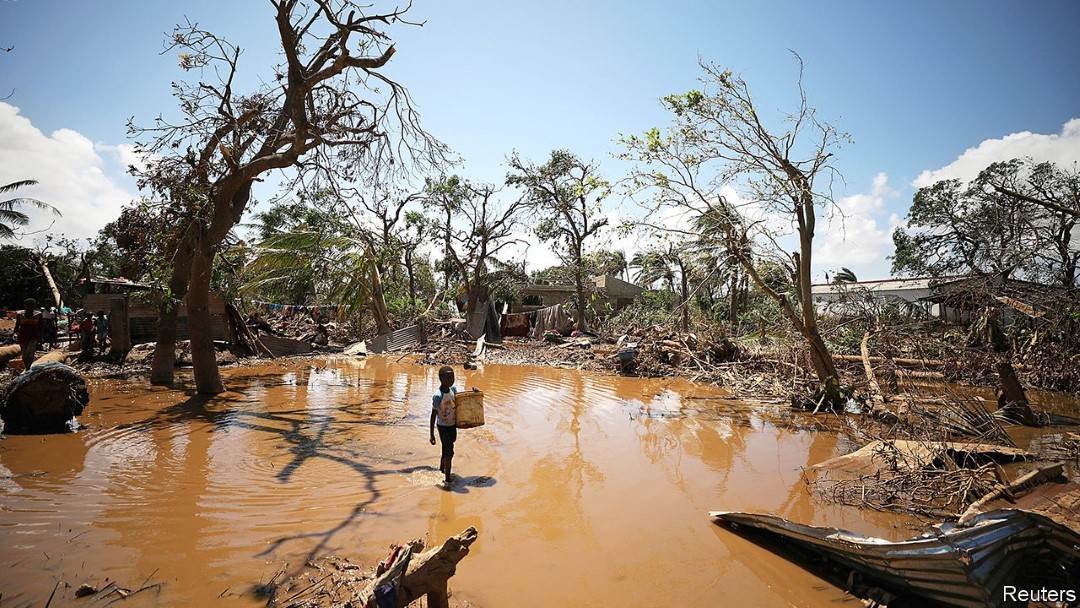The World Meteorological Organization (WMO) has warned that Africa is suffering from the impacts of climate change, and worse is yet to come for the continent’s food supplies, health and economy.
According to the U.N. climate agency, temperatures have been rising in Africa at a comparable rate to other continents but the region is exceptionally vulnerable to the shock.
Most countries have reported a high drop in crop yields due to floods, droughts, hotter weather and a desert locust invasion.
In a report, the WMO said that yields will reduce by 13% in Central and West Africa, 8% in East and Southern Africa and 11% in North Africa.
“By the middle of this century, major cereal crops grown across Africa will be adversely impacted.
“African countries are generally low-income and ill-equipped to respond to this and other consequences of climate change,” the WMO said.
The year 2019/2020 has been terrible for the continent. The number of undernourished people has grown by 45% since 2012 in the Sahel region, while cyclones Idai and Kenneth struck three countries in southern Africa killed hundreds, displaced more than two million people, and destroyed over a million hectares of crops in Mozambique alone.
Somalia had the worst cereal harvest since records began in 1995, as it experienced below-average rainfall in 2018 and 2019.
Then there was floods in late 2019 that hit Somalia, Ethiopia, Kenya and Tanzania, and while the increased seasonal rainfall helped crops grow, it also fuelled the locusts that have destroyed millions of hectares of arable land in East and Southern Africa this year.
As a result, the WMO predicts that Africa’s gross domestic product will drop by between 2.25 and 12.12% with the rise in global temperatures, though they did not indicate the time period for the forecast.
Moreover, there is the looming threat of warmer and wetter weather being suitable for insects that transmit dengue fever, yellow fever and malaria, further straining an already ravaged health sector battling COVID-19, child mortality and shortages in funds.

